Emotional Logic Meets Economic Reality
Larissa Lomeli, MBA, CFA, Bachelor’s Degree in Engineering, Trained in Conflict Resolution & Emotional Alignment
Founder & President, True Economy Group
-
At the heart of our work lie three simple, radical ideas: (1) your inner economy shapes your outer results, (2) the main difference between competent & hard working leaders and the ultra-rich lies in their inner wiring and (3) targeted emotions drive targeted actions, with measurable results.
Whether you’re a company facing recurring challenges or a professional seeking growth, the root cause is often emotional and it’s not random. Patterns like underperformance, or financial instability usually repeat a deeper unresolved story.
Our process identifies and resolves the emotional origin of these patterns in a single session. It is not therapy, nor traditional coaching, but a precise and compassionate method to track a conflict to its root and dissolve it with the right understanding. Once resolved, new results naturally follow. We call this Emotional Logic; because human behaviour is logical and repeatable, once decoded.
This is a one-time intervention, not an ongoing program.
You walk away with clarity, freedom, and the ability to move forward.
-
This is not coaching based on inspiration. It’s a precision method grounded in tested frameworks from emotional science, systems thinking, and performance psychology; designed to resolve the root cause of challenges in leadership, business growth, and decision-making.
The process draws on structured methodologies from organizational behaviour, family systems, and consciousness studies. It’s carefully adapted for professionals and entrepreneurs navigating high-stakes environments. Every step is focused on clarity, strategic alignment, and measurable internal and external results.
You won’t walk away with theory. You’ll walk away with a practical shift in how you lead, how you grow, and how you make decisions that actually stick.
-
Humans are not random. Our responses, limitations, and even ambitions are predictably shaped by our early experiences and family history. This shared structure of emotional logic means the method works for everyone, regardless of background or role, with individual nuance and precision.
For example:
A professional who feels unseen is often replaying an unprocessed need for acknowledgment from an early authority figure, often honouring neglected children within the family tree.
A company that struggles to grow beyond a certain revenue level may be unconsciously mirroring the founder’s unresolved family history with scarcity.
A leader who feels disproportionately burdened by responsibilities (while peers seem to navigate similar roles with ease) may be reenacting a childhood pattern of overload, often rooted in an early experience of imbalance or neglect.
The complaint you make to your partner is the one you actually make to your parents.
This is not therapy. It’s emotional resolution for transformational results; with respect, precision, and speed.

